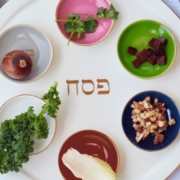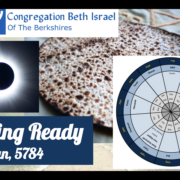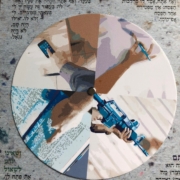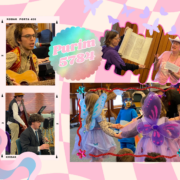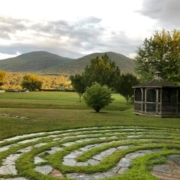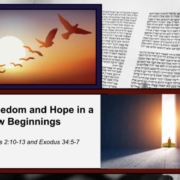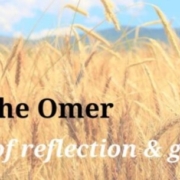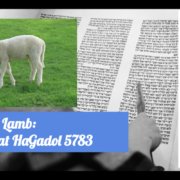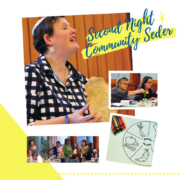This guest post is from Drew Zuckerman, who gave this teaching at our Second Night Community Passover Seder on Tuesday, April 23, 2024.
“…This year, the question that keeps coming up is: how do we prepare for Pesach after everything we’ve witnessed and felt over the last six months? Our collective hearts are broken. It’s different from the individual grief of a personal loss. I’ve been thinking about how we are not the first generation to celebrate Pesach during a difficult time. The story of moving from Mitzrayim to freedom was a beacon and a comfort for our ancestors. It can be that for us, too…”
“Why is this night different from all other nights?” That’s the question that launches us into seder. Many Pesach customs are designed to prompt questions. We ask why, and we plumb our traditions for answers, and meaning, and the nourishment our souls most need.
I am still kvelling about the wonderful Purim Party that we held on March 23, in conjunction with NEFESH. Over 80 people of all ages joined us in celebration and community, in spite of the winter storm that unfortunately meant that some folks were snowed in and unable to attend.
As the days get longer and we are awakened in the morning by the songs of birds newly arrived from points south, we are looking forward to all that spring brings to our community.
This guest post is the D’var Torah that CBI member and cantorial soloist Ziva Larson offered at Shabbat and Pesach Morning Services on Saturday, April 8, 2023.
I am writing to you from Hong Kong, where Roger and I are spending a delightful month visiting our daughter, son-in-law, and young grandsons. After a 4 year pause in being able to travel here, it is wonderful to spend time with them and to celebrate Passover together. We look forward to being part of their synagogue’s Community Seder at the same time as we will miss being with you at the CBI Seder. Happily, our enduring Jewish traditions bind us all together, wherever we may be across the globe.
This year the month of April opens with Pesach. I love all of the shining moments around the wheel of the Jewish year, but ever since I was a kid, Pesach has been one of my favorites. (And it still is.) Studies have shown that the Passover seder is the one Jewish ritual most commonly celebrated in this country — from Jews who aspire to experience Shabbat each week, to Jews who may only engage in one avowedly Jewish celebration per year, this one is always on the list.
“…Granted, change may not be easy. Our spiritual ancestors went from Pharaoh’s frying pan into the fire of forty years of wilderness wandering. But the fact of a new path is hopeful even if the path is hard. Because nihilism and despair and paralysis say: nothing’s ever going to be different. What’s broken will always be broken and can never be mended, so it isn’t worth even trying. But it is worth trying…”
Sign up now for our Second Night Community Seder!

